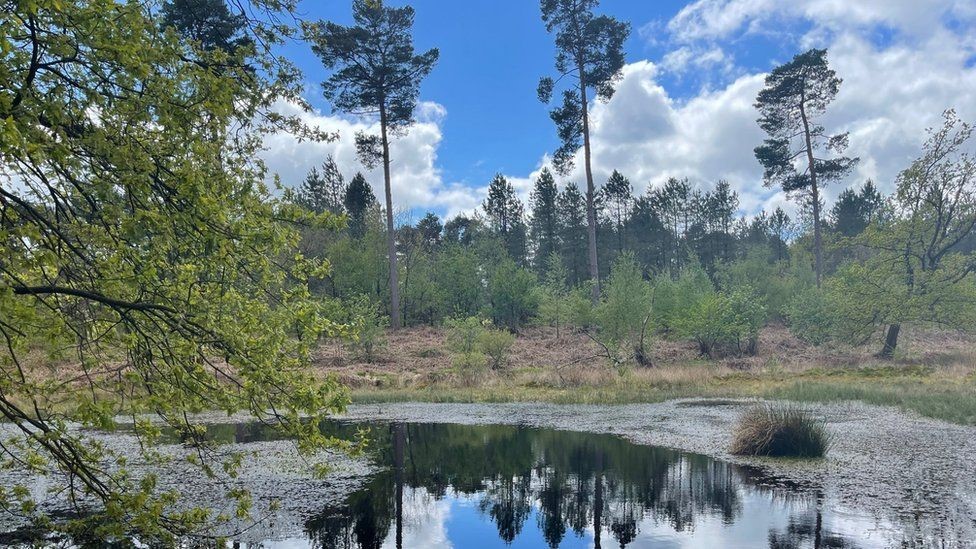Green Light for ‘Net-Zero’ Equivalent for Nature
The government of England has promised to “halt the decline of nature” as part of a new drive to improve the environment. The measures include a legally binding 2030 target to address wildlife loss and new targets will be set to return species to the countryside that this will be the net zero equivalent for nature as “an important milestone” for drive to improve the environment.
The government has also set out new proposals to protect and restore England’s peatlands. It plans to ban sales of peat compost to gardeners in England and provide funding to restore 35,000 hectares, also plans to treble tree planting rates in England to 7,000 hectares of new woodland a year. And at least three community forests will be created by 2024. At least three community forests will be created as part of the new England Trees Action Plan.
The Wildlife Trusts’ chief executive Craig Bennett said the government’s should restore all upland peatland and at least a quarter of lowland peat. He said: “It’s essential that we stop nature’s decline and restore 30% of land and sea by 2030 – doing so will help wildlife fight back and enable repaired habitats to store carbon once more.”
Abi Bunker, director of conservation and external affairs at the Woodland Trust, said the England’s woodland much of the increase has been low diversity forestry plantations. Native woods and trees are fragmented, at risk from development, and too many are in poor condition, with half of England wildlife and plant species that depend on woodland in decline. Government’s targets for new woodland should be met by integrating UK sourced and grown native trees into our landscapes.
The government hopes to increase tree cover from 10% to 12% of total land area in England, and the aim is to increase the UK-wide figure to 17% by 2050 to help the country reach net zero carbon emissions.
Reference
https://www.bbc.com/news/science-environment-57152169


